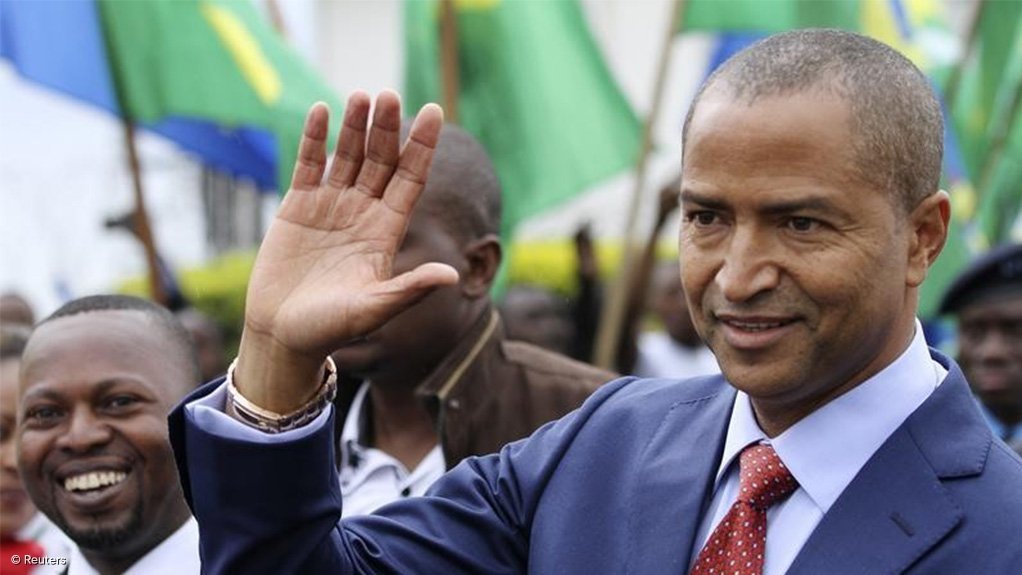With 100 000 candidates taking part in the Democratic Republic of Congo (DRC) elections, all eyes are on the country's electoral body to deliver a credible poll.
But there's already been a setback – there won't be voting in three territories.
Rutshuru and Masisi, two cities in North Kivu province, are plagued by rebel operations, and this made it impossible for the country's Independent National Electoral Commission (CENI) to conduct voter registration.
In the east, no elections will take place at Kwamouth in the Mai-Ndombe province, where tribal militias are fighting among themselves.
"We are not going to hold elections there because we didn't conduct voter registration because of violence," said Denis Kadima Kazadi, the president of CENI.
Last month, Human Rights Watch warned that the instability in parts of North Kivu would leave more than 1 million registered voters unable to exercise their rights.
With some communities disenfranchised, it's a widely held view that the polls might not pass the credibility test.
However, Kazadi thinks not.
"The best way to judge this process is to compare it with 2018. The improvements are a lot. For instance, we have allowed long-term observation and insisted that Parliament include this in the laws so that people can observe the process at every stage.
"You can't come just now and judge the process; you have to be there all the way. National and international observers were allowed to see what we were doing throughout the country and make recommendations that helped us improve," he said.
He added that the election process was free and fair for numerous reasons.
"It's free because people were free to register and to stand as candidates. If you look at 2018, people were disallowed [most prominently current presidential challenger Moise Katumbi] and some even went into exile.
He said:
This time around, anyone who wanted to be a candidate was allowed, to the extent that we have 26 [candidates] vying for the presidency. If you look at all four polls [for the presidency, National Assembly, provincial assemblies and local authorities], we are going to have 100 000 candidates, which is the size of the population of the Seychelles.
"In 2018 we had 35 000 candidates; this time we have three-fold. This means a lot of work for us," he said.
Kazadi added that the results would be announced differently this time around.
"One of the biggest challenges in 2018 [was that] results were given in bulk, and you [were] told so and so is the winner. This time, we are going to give polling station-based results so that you can trace back whether we have played games or not. We are open to transparency because we worked hard," he said.
The presidential results are expected to be announced by 30 December, while those for other elections could spread into January next year because of logistical challenges and the size of the DRC.
Voting process
The DRC elections have set the stage for another test for technology in African polls.
Kazadi described the process from getting one's ballot paper to casting the vote.
"We use voting machines. Like an ATM, it's a touch screen. You select your choice for the president, National Assembly, provincial assembly and local authority.
"After that, the machine gives you a sheet of paper showing your choices and you check them before you go and cast the vote.
"When the voting is complete, at the end of the day, the machines will issue the results. With everyone, including agents and observers, present, there will be a manual count. After that, there is a comparison between the electronic and physical counts," he said.
While the electronic results will naturally come faster, they can't be announced before comparison, he added.
In 2018 there was a 40% voter turnout, and Kazadi said this time they expect a higher turnout from 44-million registered voters.
EMAIL THIS ARTICLE SAVE THIS ARTICLE
To subscribe email subscriptions@creamermedia.co.za or click here
To advertise email advertising@creamermedia.co.za or click here











